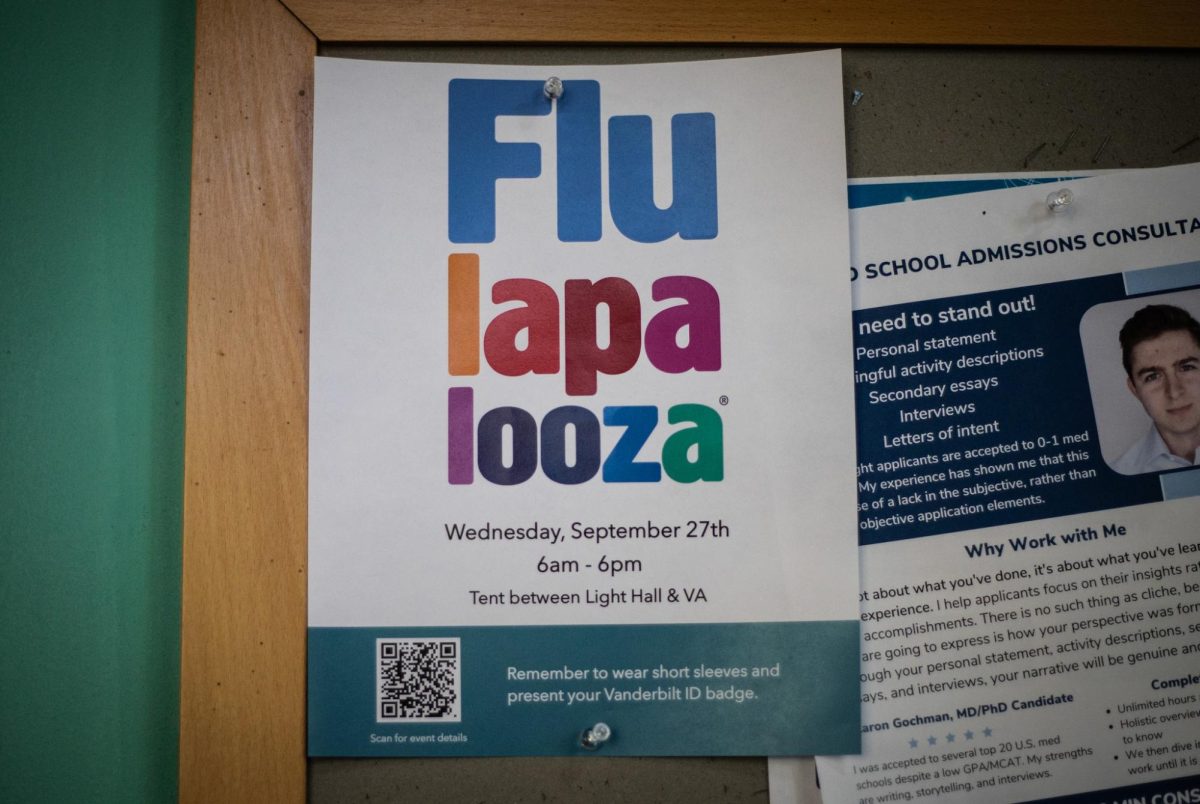Vanderbilt University School of Medicine Professor Stacie Dusetzina testified before the United States Senate’s Special Committee on Aging March 7 on the subject of rising prescription drug costs.
Dr. Dusetzina is an associate professor in the Department of Health Policy at Vanderbilt and an Ingram associate professor of cancer research. Her research focuses on prescription drug policies that facilitate and impede their use.
Dusetzina’s work has been cited in The Washington Post, The Wall Street Journal, and on NPR. The National Academy of Medicine chose her to co-author a report on the topic of patient access to affordable cancer drugs. Her research focuses on how high prices for prescriptions and certain insurance policies prevent patient access.
The hearing was titled “The Complex Web of Prescription Drug Prices, Part II: Untangling the Web and Paths Forward.” Chairwoman Susan Collins (R-Maine) led the discussion. Political heavy-weights Elizabeth Warren (D-Massachusetts) and Rick Scott (R-Florida) were in attendance.
In her opening statement, Collins acknowledged how prescription drug costs have risen to unimaginable levels, forcing some Americans to take money from their retirement fund or even refinance their homes just to be able to afford life-saving medications. Collins remarked that there are many people and industries that are causing this price hike, and called on them all to work together to bring these costs down for the American people. She also called for increased transparency by pharmaceutical companies so that patients understand the pricing of their medications.
“It should not take a PhD and an infinite amount of time and patience to figure out how much a prescribed medication will even cost the consumer,” Collins said in the testimony.
In her opening statement to the committee, Dusetzina mentioned her research findings about how the high costs of prescription drugs faced by the consumer correlate with low usage of these life-saving medications.
Under the Medicare Part D benefit, cancer patients still must pay a high percentage of the price of their anti-cancer drugs, she said. She mentioned how Revlimid, one such cancer drug, costs cancer patients under the Part D benefit about $15,000 for a one-year supply. This is higher than the yearly incomes of many Medicare recipients.
Dr. Dusetzina told the Hustler that she blames finger-pointing in the industry. Many pharmaceutical companies do not want to take the blame for the high prices being paid by their customers.
“They’re all part of the problem and they all need to be part of the solutions,” said Dusetzina.
Before answering questions from the committee, Dr. Dusetzina recommended that the committee focus on three goals: insuring patients have access to high value drugs at reasonable costs, considering ways to remove incentives for high list prices and price increases by pharmaceutical companies, and finally rewarding true innovation by pharmaceutical companies by paying for value.
Dr. Dusetzina describes testifying before congress as “a true honor.”
“Members of congress are very interested in helping patients to access prescription drugs and have proposed a lot of bills that address different parts of the problem.” said Dusetzina.
She said that she is involved in continuing discussions with Senate staff about how to improve policies so that patients are protected from high out-of-pocket drug prices.
Dusetzina believes things are moving in the right direction in terms of government policy and intervention regarding drug costs.
“I think we are getting closer to seeing real change on this topic. The biggest barrier right now is that everyone seems to have their own preferred drug policy solution and we need members of congress to work together to advance these policies.” said Dusetzina.
Dr. Dusetzina’s colleagues have taken note of the importance of her work.
“Dr. Dusetzina’s work is an excellent example of the value of academic research on important policy topics. She always takes the perspective of the patient and the public – not of a particular interest group – and honestly lays out the implications of proposed solutions from those perspectives.” said Dr. Buntin, chair of the Department of Health Policy At Vanderbilt University School of Medicine and a colleague of Dusetzina.
“Drug pricing is so complex that, without unbiased expertise like hers, we’d be in danger of making problems with drug affordability and access worse instead of better.” Buntin said.









